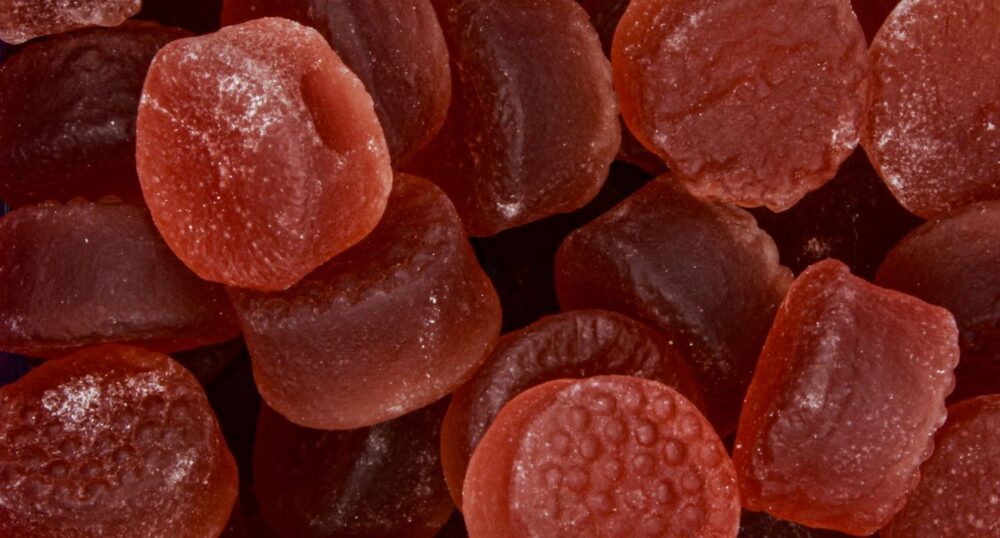A recent surge in visits to emergency rooms by children after ingesting melatonin supplements has given momentum to efforts to see manufacturers tighten standards and change product labeling.
Spearheading the initiative is the Council for Responsible Nutrition, the self-described “leading trade association representing dietary supplement and functional food manufacturers and ingredient suppliers.”
In a statement on April 15, CRN announced two sets of voluntary guidelines that it urges the melatonin industry to adopt within the next 18 months. One set of guidelines addresses the formulation of supplements that contain melatonin, and the other will pertains to the products’ marketing and labeling.
Changes to packaging and labeling guidelines suggested by CRN include the adoption of child-proof packaging and warnings on the frequency of use and the potential dangers of consuming melatonin and alcohol.
“While federal regulations do not require child deterrent closures for melatonin-containing products, CRN’s revised guidelines call for industry members to adopt child deterrent packaging for products containing melatonin that are in flavored chewable forms that could be especially attractive to children,” the council said.
Melatonin as a sleep aid has grown in popularity in recent years and is often sold as a chewable gummy. A report from the Centers for Disease Control and Prevention found these gummies were responsible for a number of the 11,000 ER visits for infants and young children having ingested melatonin between 2019 and 2022.
As The Dallas Express reported, an earlier study determined that annual melatonin overdoses in children had increased by a factor of 530% from 2012 to 2021, and calls to poison control regarding melatonin poisonings also rose steeply.
Although melatonin is a hormone naturally produced by the human body, too much of it can result in drowsiness, headaches, agitation, and bed-wetting in children, per Healthline.
A 2023 study testing 25 different supplement products found that they contained dangerously high levels of melatonin. The researchers found that a whopping 88% of the products had melatonin levels that did not match what the packaging advertised. At least one of the supplements also contained CBD, a chemical found in marijuana and not legal for inclusion in products intended for children.
Dr. Pieter Cohen, an associate professor of medicine at the Cambridge Health Alliance in Somerville, Massachusetts, who authored the study on melatonin gummies, said that the results were worrying, especially with one product testing at 347% more melatonin than indicated on the label.
“Gummies are enticing to young children, who see them as candy,” he said.
Cohen thinks that melatonin supplement manufacturers may not follow CRN’s voluntary request.
“What’s significant here is that the industry recognizes that melatonin supplements do pose serious risks — particularly to children— and that the industry needs to do a much better job at ensuring the products are safe and well-manufactured,” Cohen said in an email to CNN.

